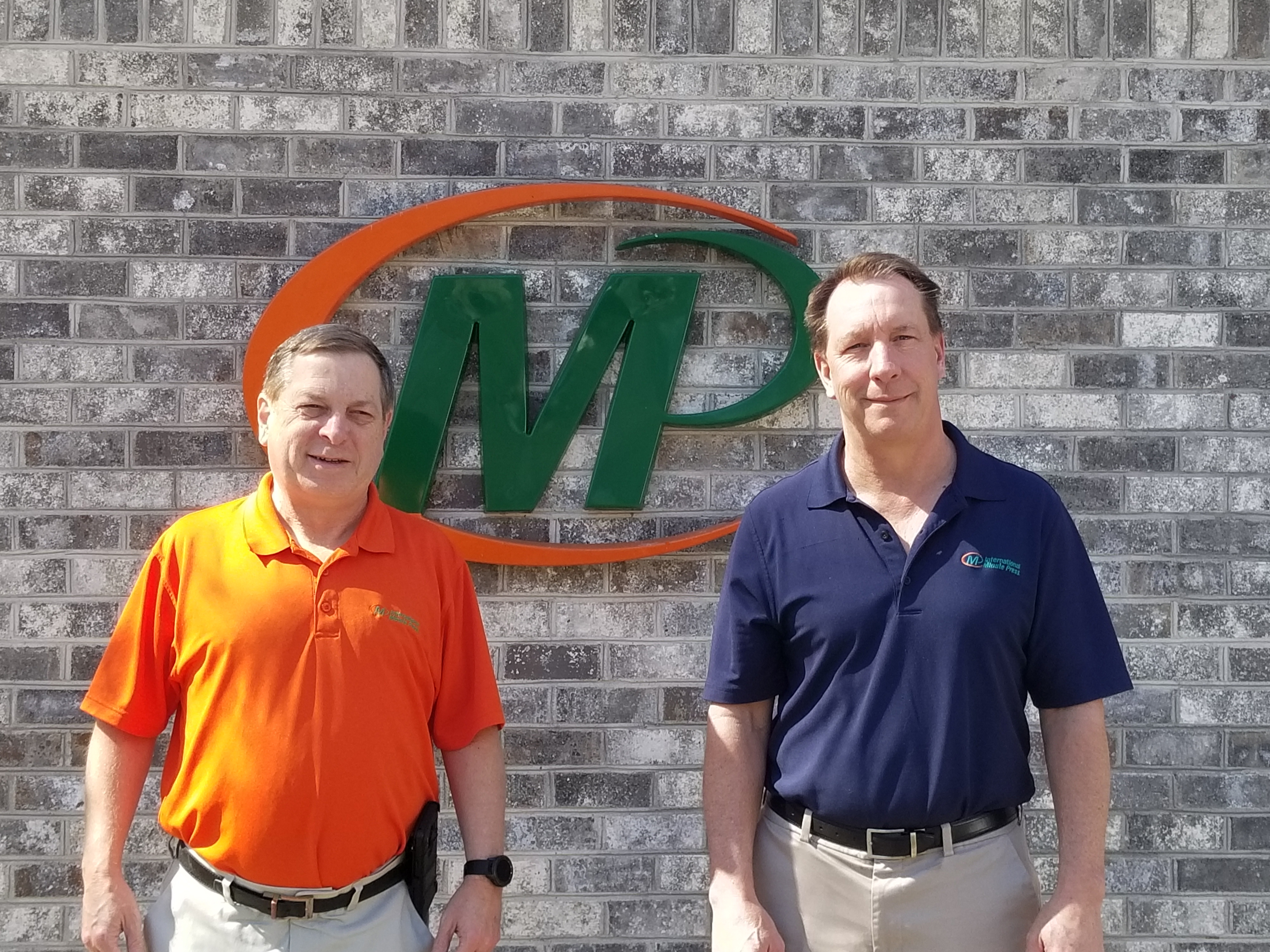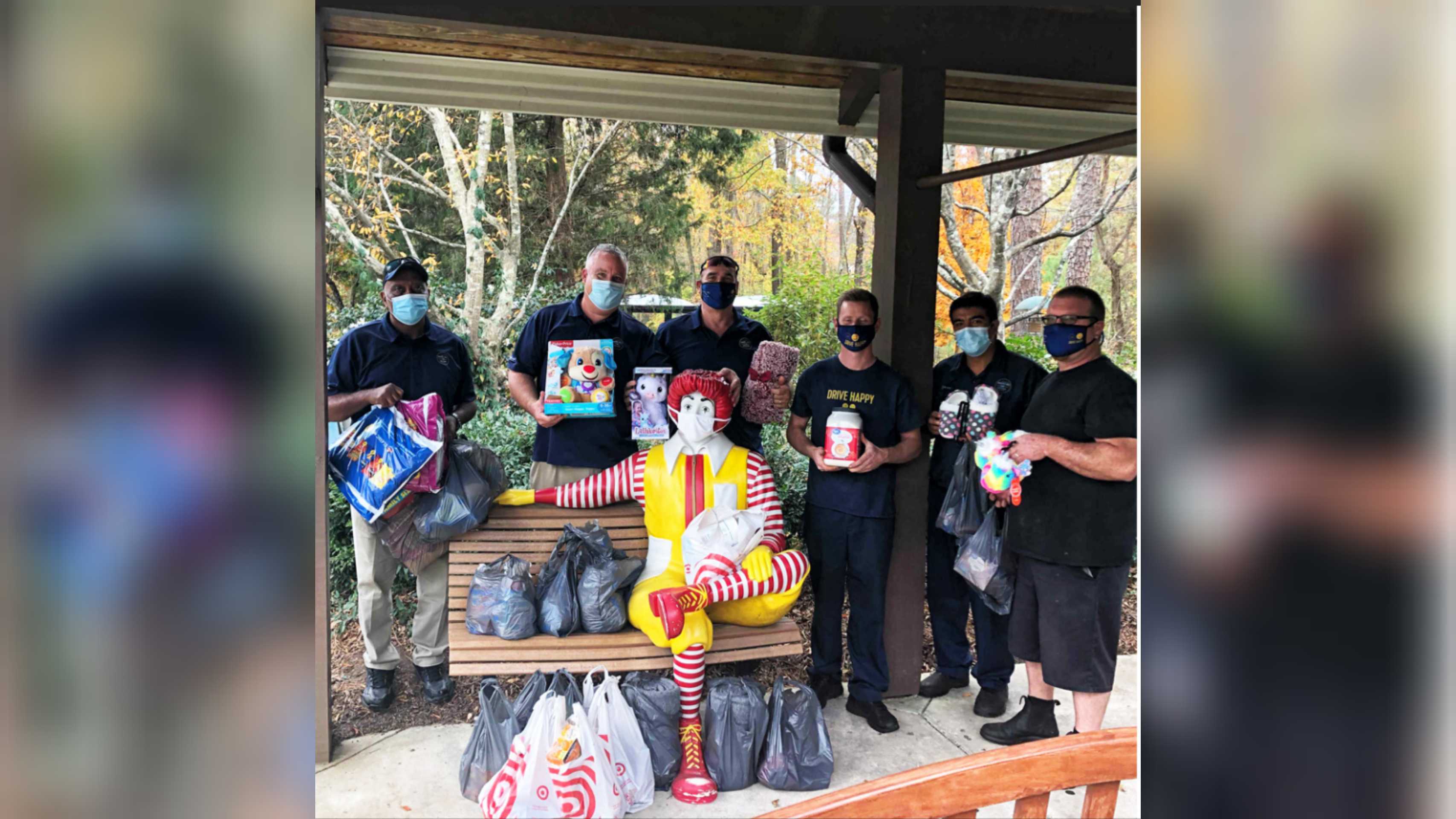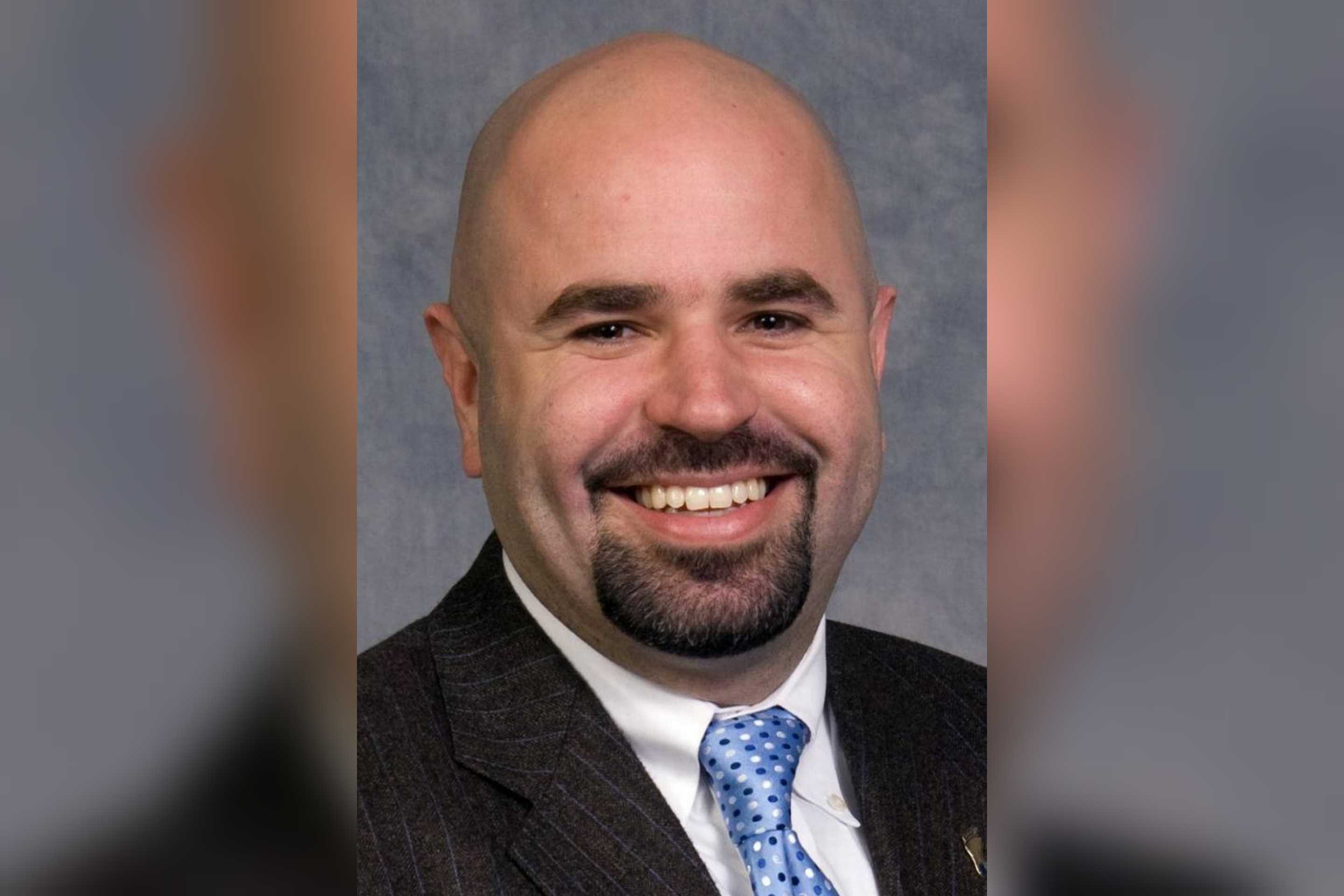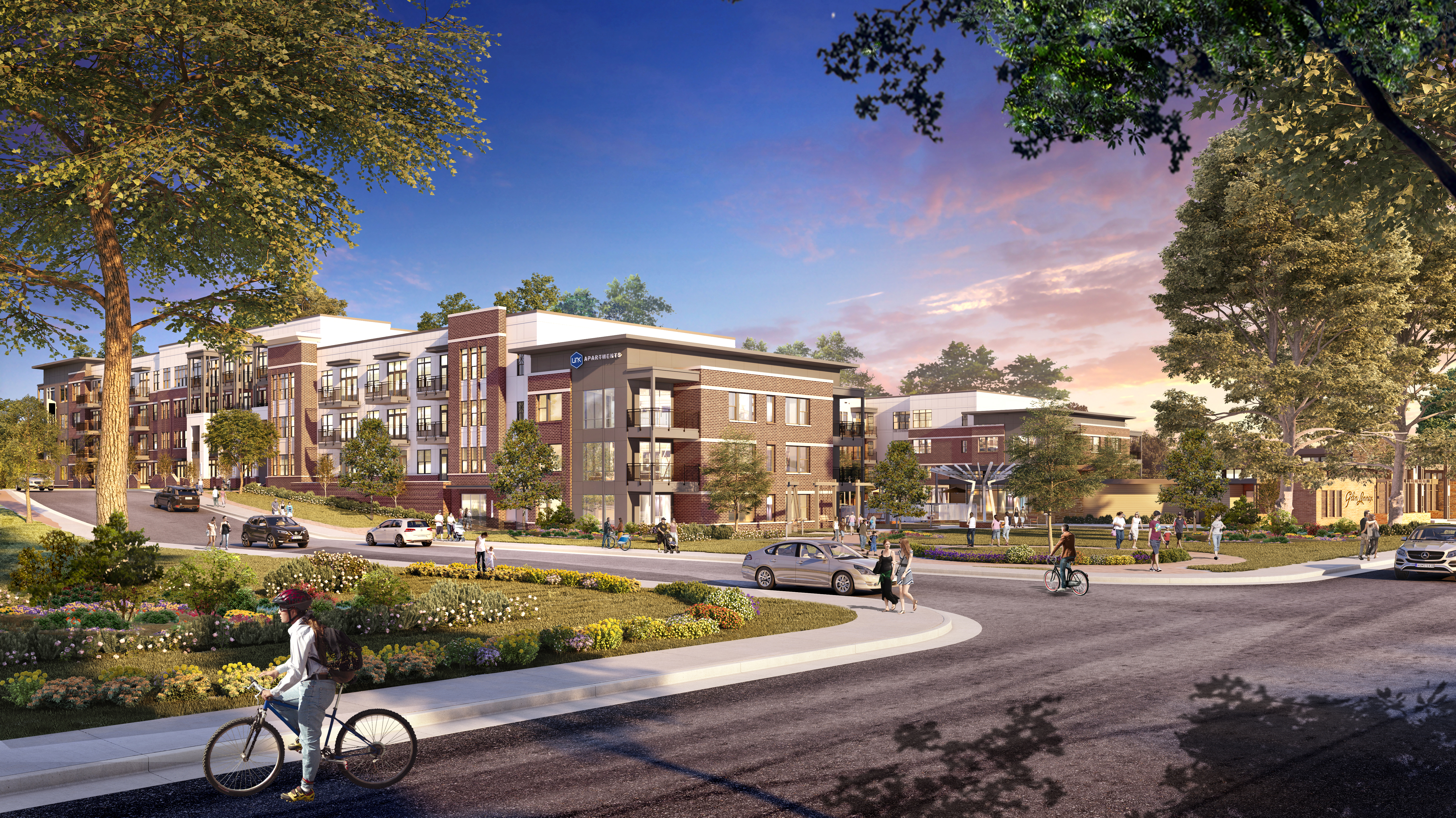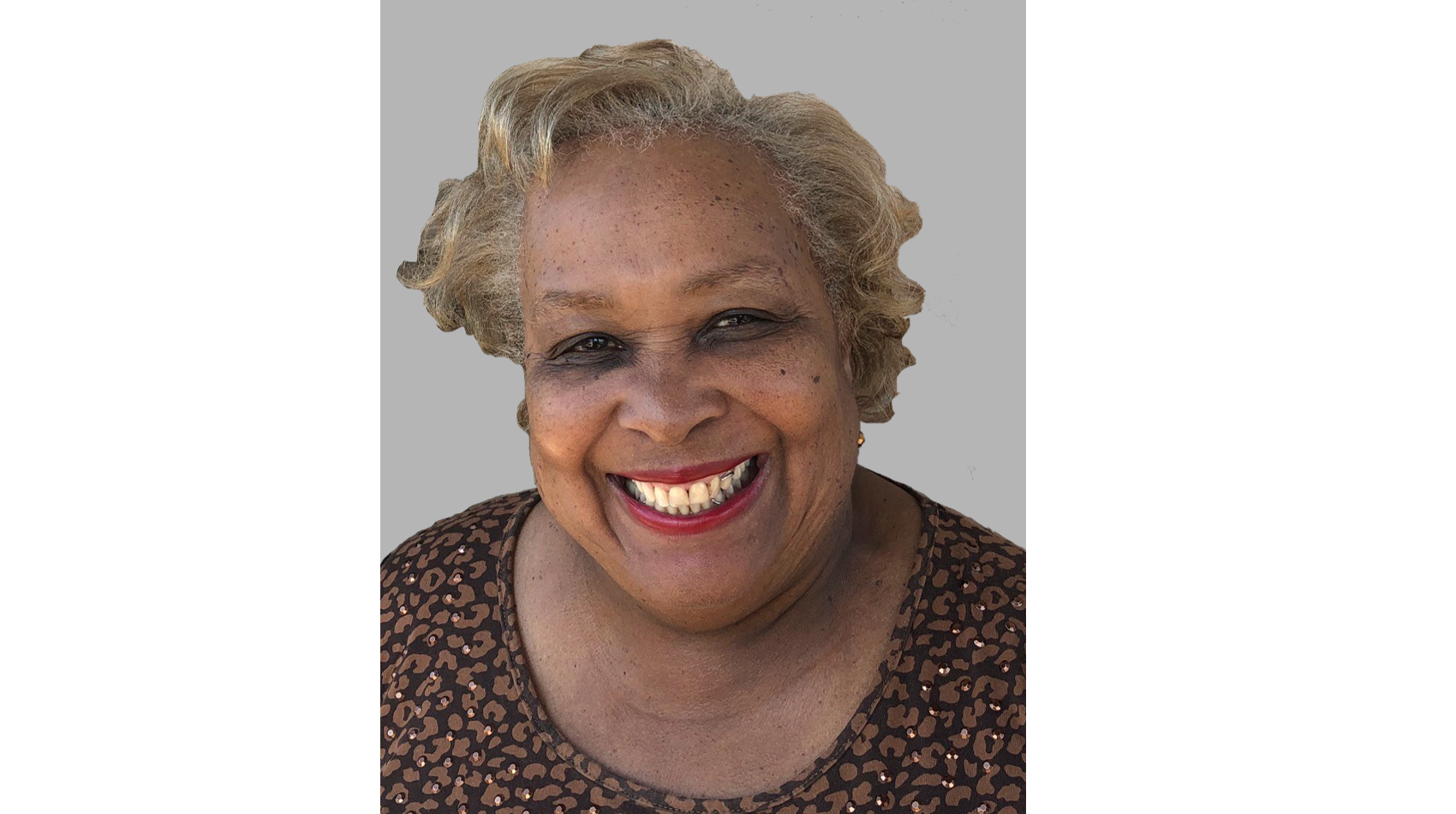The following story was written by Gary A. Miller – co-owner of Red Bloom Realty, the sponsor of this post. He has lived and worked in Chapel Hill off and on since 1994 and is a musician, traveler and former educator.
“I have suggested we get a drum set for the living room, and [Lucian] has shot that down at every turn,” laughs Laura Windley of the Mint Julep Jazz Band, a group she leads with her partner Lucian Cobb.
Each buyer always has their own priority list of what their ideal home should or should not include. But, for musicians, that list can often look very different from others in the home buying process.
For example, not everyone would be comfortable having two large Ikea wardrobes in their living room dedicated to cables, connectors, microphones, and other musical gear. However, Windley and Cobb added them to make their 1950s ranch home fit their needs, even if the drum kit has not yet found a home there.
Similarly, Dave Hartman of long-time Chapel Hill favorites Southern Culture on the Skids (SCOTS) wasn’t thinking of the amount of room he would need for band merchandise in his basement when he bought his home. But, now a significant amount of floor space is dedicated to stacks of boxes filled with items bearing the SCOTS name.
Multi-functionality of spaces is a common theme when musicians discuss their plan – whether it is a living room that also serves as a rehearsal space, a guest bedroom that doubles as a recording studio or equipment storage, or a home that can also be an attractive Airbnb destination.
Extra storage seems a most frequent and prioritized need of musicians in the home search. However, the sensitive nature of musical equipment, the storage most often needs to be environmentally controlled. Hartman acknowledges this was a primary motivation when he was buying his home. “Having the right spaces was definitely among the top three dealbreakers when I was searching. I have something like 13 drum kits, and they can’t be out in a shed,” he says.
Windley notes a similar issue. After getting married and moving in together, she and Cobb realized their townhome was much too small for their combined collection of musical instruments and gear, which included production and recording equipment, amplification, instruments, and more. “It was clear we would need a dedicated music room in our next home,” she says. But, even with a dedicated room, they still needed to add those Ikea wardrobes to make it work.
While searching, they also knew she would be inheriting a Baldwin piano from her grandmother. The plan was always for it to be a feature of the home, and it now sits proudly in the living room, reminiscent of a time when a piano was both an instrument and the heart of the home, providing a purpose and place for families to come together.
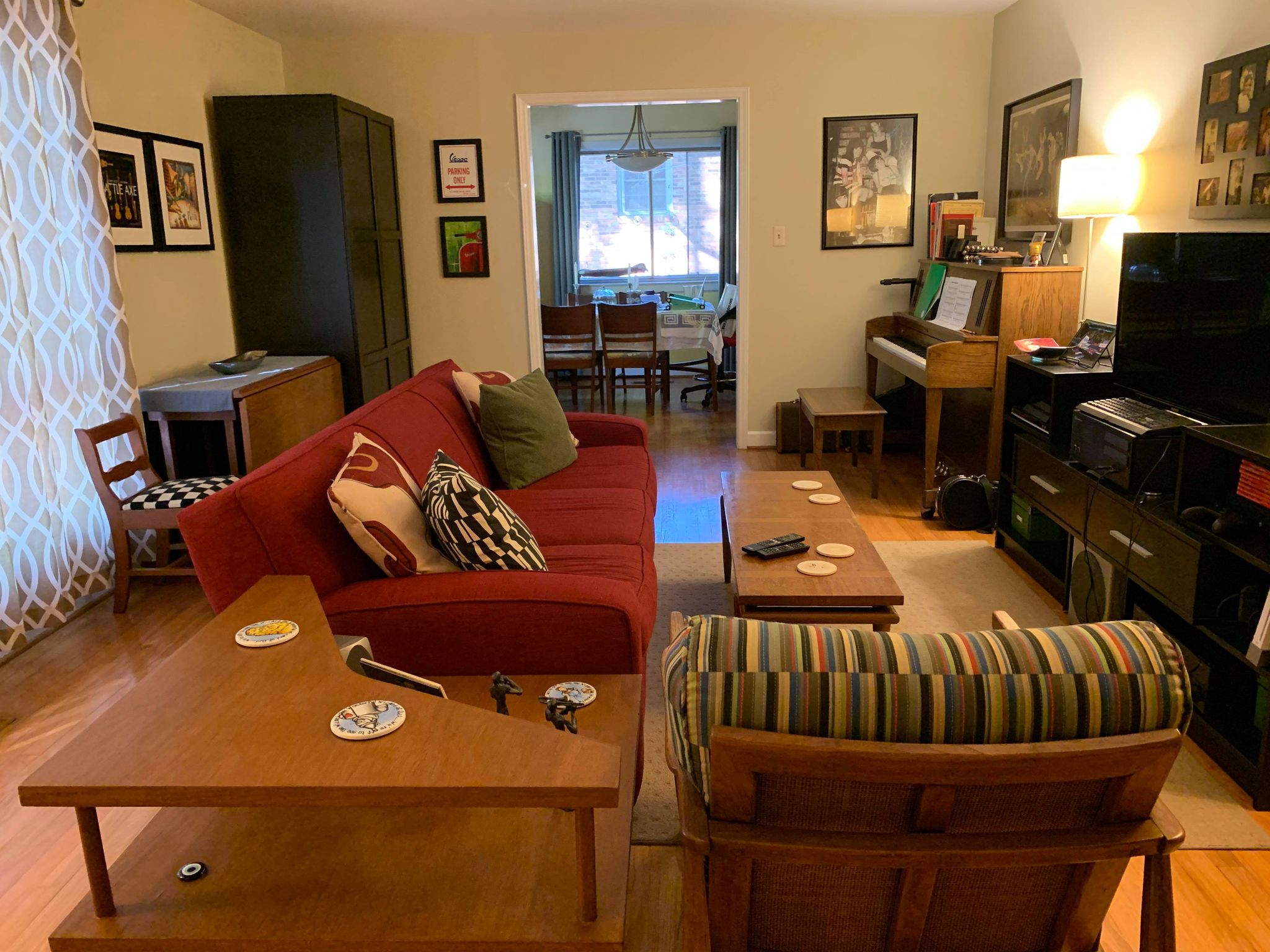
The Windley-Cobb home, photo via Red Bloom Realty
Doug Edmunds, who was a member of the renown 1990s Chapel Hill band The Gladhands and who has fronted The Stars Explode for the past decade, says his recent home purchase brought out similar results as that family piano, albeit in a more unique way. “I’m not a piano player,” he says.” So, instead, his 40-year-old drum kit sits in the spot a piano might occupy, and the space has a few smaller nooks that feature a keyboard and an acoustic guitar.
“It really lends itself to spontaneous music making and it’s been an unexpected treat to have that in the house,” Edmunds notes. He tells the story of his teenage son having friends over for a socially distanced gathering, and they spontaneously picked up the instruments and started to play. “It’s really cool that this space makes that possible,” he beams.
Edmunds also dedicated a wall in a private hallway near the main bedroom to hanging his guitars, making them easy to access. “If I want to grab the 12-string Rickenbacker or the open-tuned Epiphone, they’re not in cases tucked away,” he says to indicate how this ease of access has encouraged him to play more often and write more material.
Private studios tucked away in spare bedrooms are certainly more common than featuring instruments in the public spaces of a home. Edmunds feels lucky to have both, pointing out that in recently months he has been able to record overdubs of instrumentation and harmonies for his upcoming solo release in his office that doubles as a recording space.
Having space for recording was the primary motivator in the home search for FJ Ventre, bassist/collaborator with Jon Shain who also runs Good Luck Studio from his home.
The large basement was among the first thing that caught Ventre’s attention about the space. However, running a studio out of your family home also comes with challenges. “When I record full bands, it’s a bit of a family negotiation, since I’m right under the bedrooms,” he says. “But, I mostly do singer-songwriters, and that works just fine.”
Ventre also suggests that the digital revolution in recording has helped make studios more compact and friendly to smaller spaces, since more of the gear is “in the box” rather than on the floor or wall. The bigger challenge that he says he must avoid is the “siren call of ‘gear acquisition syndrome.’ There’s always that one extra piece of gear that is going to make your life better,” he exclaims.
So, the priority list can be long – basements, rooms for storage, decisions about where to put equipment, having rentable spaces, and other customized needs await the musician during a home search. But, what about funding the home in the first place?
“We were lucky to be able to initially rent this home and eventually buy it,” Ventre says, acknowledging the funding challenges that sometimes come with being a musician. Hartman underscores the point in saying, “Every musician I know has dealt with this when it comes time to get a mortgage. I know some really big names in the North Carolina music scene who have struggled to get approved for a loan.”
While acknowledging that most years his income through SCOTS is comfortably middle-class, Hartman points out that it can be hard to get traditional lending, even when the band is running like a formal business. “You know some years we do really well and other years our salaries are lower, and bankers don’t like that,” Hartman says.
Fortunately, Hartman points out, there are a few mortgage brokers in Chapel Hill who understand musician life and can work with them comfortably. Similarly, there are agents and other professionals who understand the specific needs musicians have during the search and can help them find a home to support their craft, whether it is a full-time gig or just an important hobby.
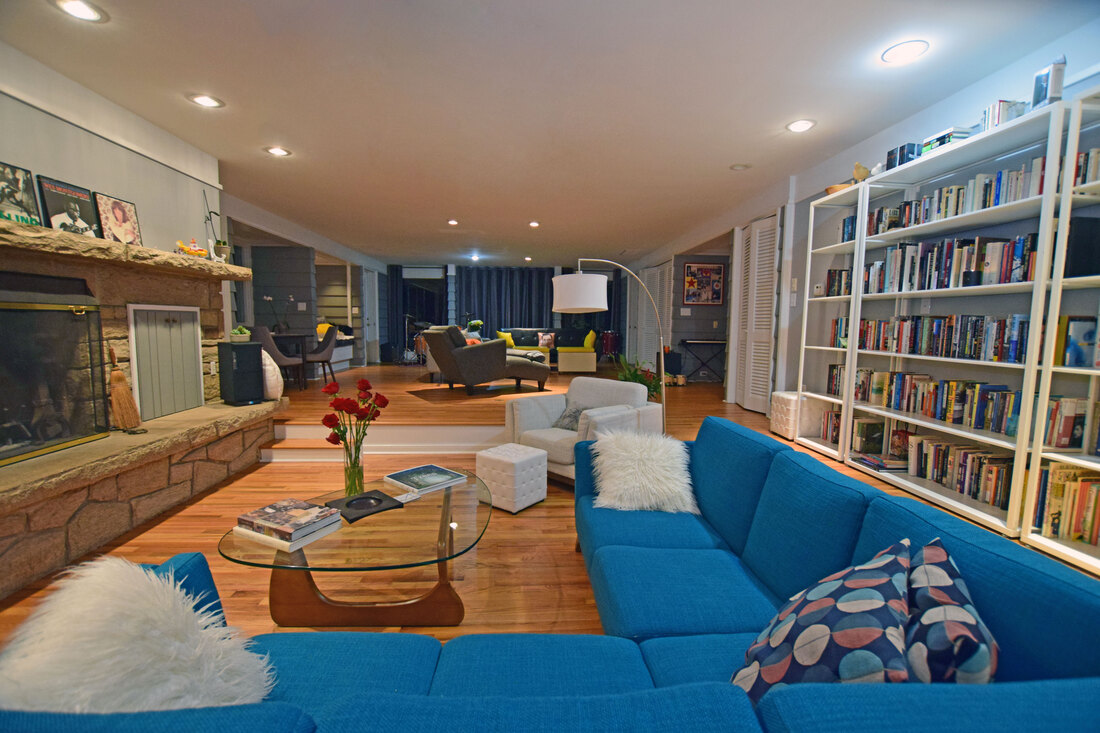
The Edmunds home, photo via Red Bloom Realty

